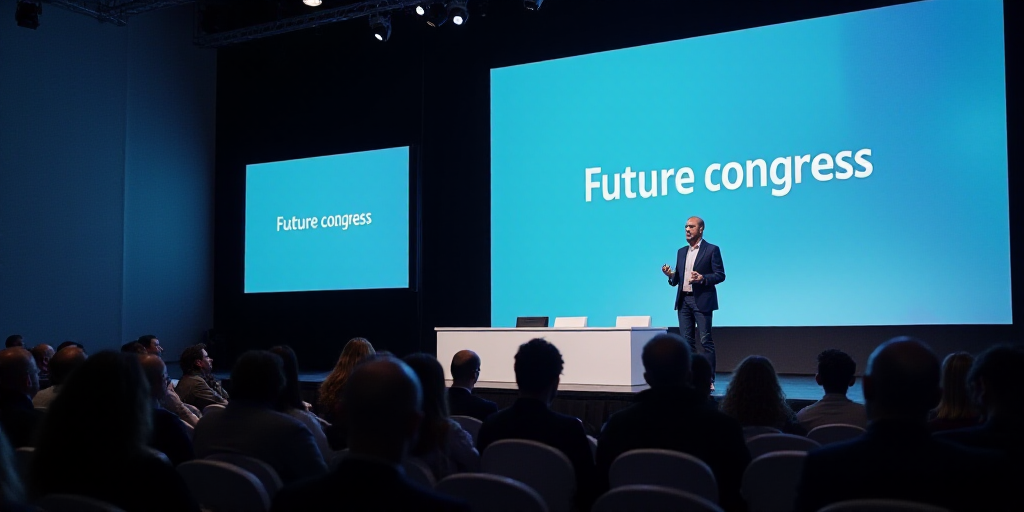Introduction to the Topic and Relevance of Alexandre Freire
Alexandre Freire, a commissioner at the Brazilian National Telecommunications Agency (ANATEL), has proposed that future digital governance regulation should extend beyond mere oversight to achieve various digital inclusion goals. Freire, a lawyer and researcher in European universities, emphasizes that regulation should focus on accessibility rather than just monitoring existing infrastructures.
The Shift Away from Oversight for Financing Telecommunications Infrastructure
Freire argues that relying solely on existing oversight mechanisms to finance the deployment of new telecommunications networks is insufficient for achieving digital inclusion objectives. He believes that regulators face the significant challenge of exploring alternative financing methods to support digital inclusion, citizenship, and governance.
Brazil’s Telecommunications Advancements
Over the past five years, Brazil has made substantial progress in telecommunications. In 2021, the country successfully auctioned off spectrum for 5G standalone services, which did not previously exist. The Brazilian government prioritized various tax incentives to ensure the auction’s success.
- Brazil has met 98% of its 2021 commitments by telecom operators, providing 5G standalone coverage in 5,570 cities and rapid broadband access to 99% of urban populations.
- The country also ensured coverage along 31,000 kilometers of federal highways with 4G networks.
By pledging not to make its 5G auction oversight-based between 2020 and 2021, Brazil reduced radiofrequency spectrum prices by up to 80%. However, it demanded increased digital inclusion coverage, thereby fostering digital citizenship and governance.
Digital Inclusion, Citizenship, and Governance
Freire explains that digital inclusion ensures service coverage for individuals, while digital citizenship offers development opportunities. Digital governance enables the government to leverage digital resources in pursuing public policies.
- Digital Inclusion: Ensures service coverage for individuals, fostering democracy.
- Digital Citizenship: Provides development opportunities for individuals.
- Digital Governance: Enables the government to utilize digital resources for public policy advancement.
Freire stresses that digital inclusion is crucial for democracy, access, and service. He emphasizes that connectivity extends beyond antennas, impacting economy, education, healthcare, work, love, and dreams. Without proper telecommunications infrastructure, democracy, access, and service are lost.
Freire highlights that those without digital inclusion lose their digital citizenship, as connectivity transcends mere antennas. Brazil focuses on indigenous communities, women’s empowerment, and governance to ensure transparency across its geography.
Key Questions and Answers
- What is the main idea proposed by Alexandre Freire? Freire advocates for future digital governance regulation that goes beyond mere oversight, focusing on digital inclusion, citizenship, and governance.
- Why is oversight insufficient for financing telecommunications infrastructure? Oversight mechanisms alone cannot adequately support the deployment of new telecommunications networks necessary for achieving digital inclusion goals.
- What are the key aspects of Brazil’s telecommunications advancements? Brazil has successfully auctioned off spectrum for 5G standalone services, prioritized tax incentives, and ensured extensive coverage along federal highways.
- What are digital inclusion, citizenship, and governance? Digital inclusion ensures service coverage; digital citizenship offers development opportunities; and digital governance enables the government to leverage digital resources for public policies.






